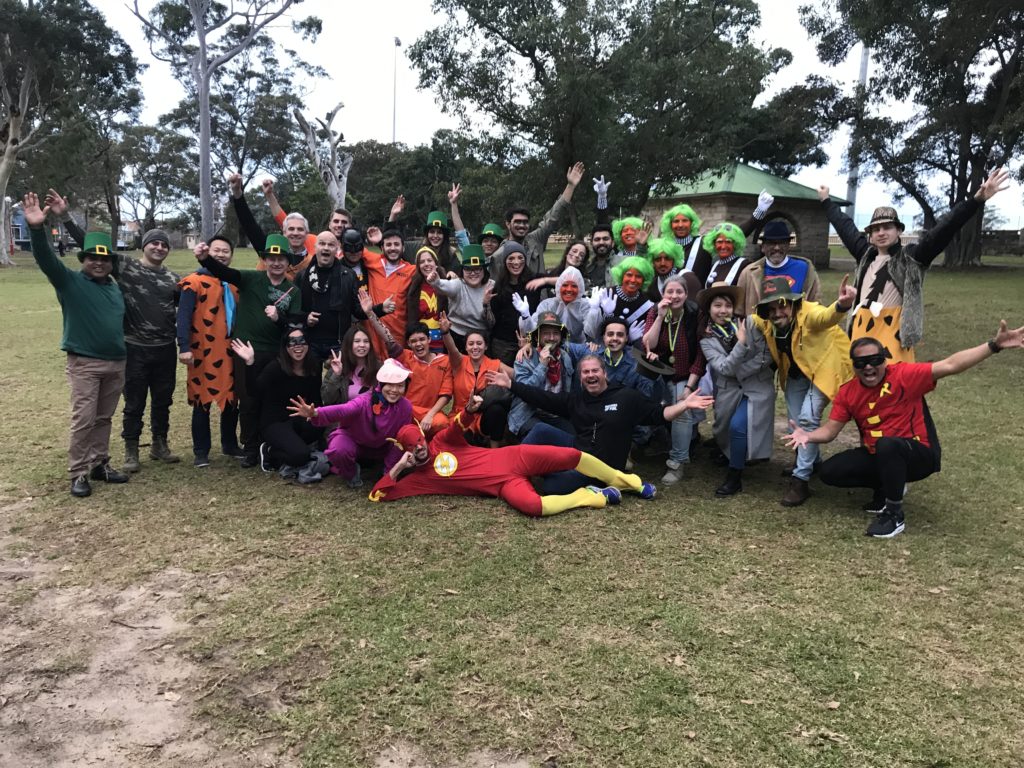“I believe you can change the world, make money, and have fun in business – all at the same time.” – Richard Branson We couldn’t agree more! It’s no secret we here at Great Race believe fun is an absolute priority. It’s well documented that a happy workplace is a productive one. Businesses the world over spend a lot of time and money investing in developing a workplace and culture that is attractive, competitive, efficient and which motivates the top people to give their very best. Take a look at Google for example, to make their workplaces attractive they offer free food, onsite gym classes, laundry services and even haircuts!¹
Why spend so much on work perks? Because it cultivates culture. But here’s the thing, facilities and perks alone aren’t the key ingredient for employee happiness. Sure, no one’s going to turn down free food or laundry services, but its genuine social interaction that really makes a workplace. It’s the banter, the eye contact and the shared experiences. So how then, do you foster positive social interaction at work? You might believe that you don’t want to allow for too much socialising in case you create a workplace that’s too social – it’s decidedly not good if no one gets any work done! And you’re totally right – there’s a time and a place for chit chat.
So how do you create the right kind of social interaction that balances productivity and happiness? Easy. You make time for FUN. You specifically allocate time outside of the workplace purely for your workers to have fun with their colleagues. This could take the form of a Team Building Activity, Corporate Event or Family Day, for example; whichever format you choose though, the intended outcome must be FUN. Why, you ask? Quite simply, you can’t afford not to.































































































